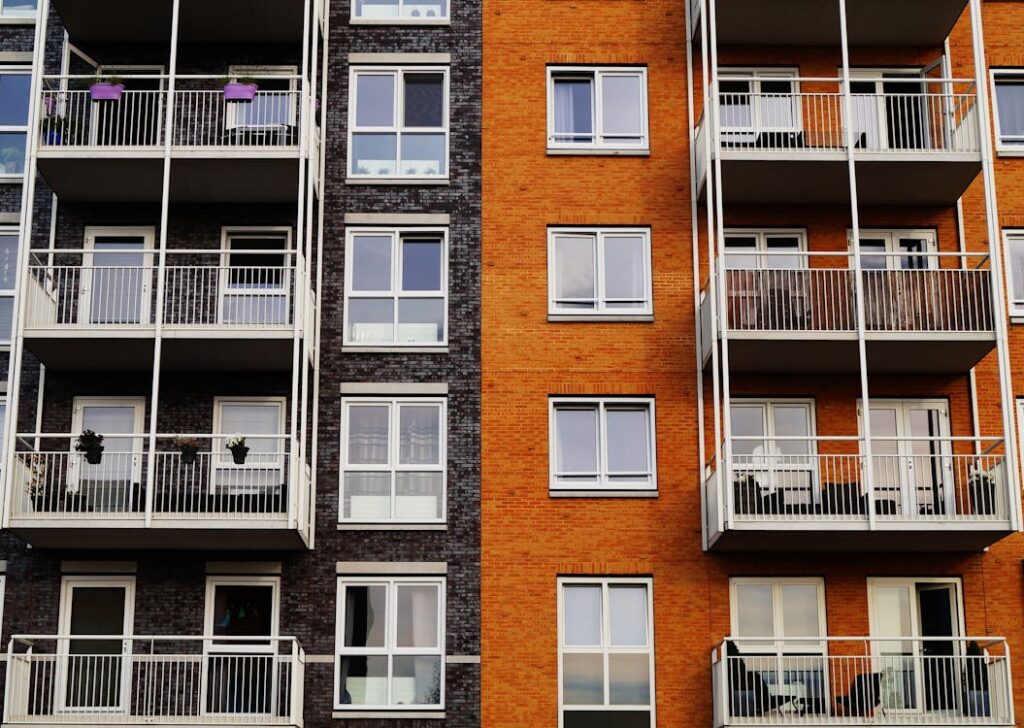Housing hunger in Hungary
This is an old post. Information may be outdated.

The issue of housing has become an increasingly pressing social problem in Hungary in recent years. The dynamically rising housing prices and the comparatively slower increase in wages have created a widening gap that makes it difficult, or even impossible, for many to acquire their own home, and even finding affordable rental housing poses a significant challenge. The situation is complex, influenced by numerous factors ranging from the economic situation to demographic changes and government measures. This article aims to provide a comprehensive overview of the Hungarian housing situation, with a particular focus on the growing disparity between wages and housing prices.
Since the second half of the 2010s, Hungary has experienced a significant real estate boom. A favorable economic environment, low interest rates, increasing foreign investments, and government housing support programs all contributed to a drastic rise in housing prices. Square meter prices soared, especially in Budapest and larger cities, but the phenomenon gradually spread throughout the country.
According to data from the Hungarian National Bank, housing prices have nominally multiplied in the past decade. This increase far exceeded the rate of inflation, indicating a significant real increase in prices as well. In the capital, square meter prices exceeding HUF 1 million are now common for newly built or renovated apartments, but the prices of older, unrenovated properties have also risen significantly. The situation is somewhat more favorable in rural towns and villages, but the price increase is noticeable there as well, especially in more sought-after settlements.
Concurrently, wages have also increased in Hungary, but they have not kept pace with the growth in housing prices. According to data from the Central Statistical Office (KSH), gross average earnings have steadily increased in recent years, but this increase has not been sufficient to offset the rise in real estate prices. Moreover, the average wage often does not reflect the actual earnings situation of the majority of the population, as there are significant differences in wages between different sectors and different levels of education.
The gap is therefore widening: it is becoming increasingly unaffordable for more and more people to buy their own home, especially for young people and those at the beginning of their careers. Taking out a loan is also becoming more difficult due to tightening conditions and high interest rates, forcing many to remain in the rental market.
The situation in the rental market is also far from rosy. Due to increased demand and limited supply, rental prices have also risen significantly in recent years. The situation has become particularly critical in Budapest, where the rent for an average-sized apartment often exceeds a significant portion of the net average income. Rental prices are generally lower in rural towns, but the price increase is also felt there, and the supply of quality rental apartments is often limited.
The deterioration of the wage-to-housing-price ratio has serious social and economic consequences. It can exacerbate the emigration of young people, delay family formation, and increase the risk of poverty and social inequalities. It can also limit the mobility of workers if housing costs in a given region are too high compared to local wages.
Several factors underlie and perpetuate this imbalance. Speculative real estate investments, problems with the quality of the housing stock, limitations in construction industry capacity, and rising land prices all contribute to high housing prices. Wage growth, on the other hand, is influenced by the pace of economic growth, the level of productivity, and the supply and demand dynamics of the labor market.
In recent years, the government has introduced several measures to improve the situation in the housing market, such as various housing support programs (CSOK, baby-expecting loan), VAT reductions, and the simplification of building permit procedures. However, these measures have yielded mixed results. While they have provided assistance to many in acquiring their own homes, they have not succeeded in curbing the rise in housing prices overall, and some argue that they have even fueled the market.
Looking ahead, the future of the Hungarian housing situation holds many uncertainties. Economic prospects, inflation, the interest rate environment, and government policy can all influence the ratio between housing prices and wages. A comprehensive and long-term strategy is needed that simultaneously aims to increase the housing supply, improve the quality of the housing stock, increase the number of affordable rental apartments, and raise the real value of wages.
Housing is a fundamental human right, and the current state of the Hungarian housing situation jeopardizes the realization of this right for many. Bridging the gap between wages and housing prices requires complex measures that take into account economic, social, and demographic factors alike. Failure to do so could have serious long-term consequences for individuals and society as a whole.